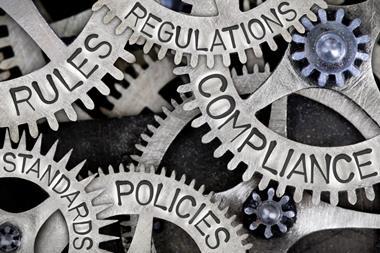A gradual easing of restrictions would be “less disruptive” for the global supply chain, finds peer-reviewed study by UCL and Tsinghua University
A slower easing of coronavirus lockdown measures over a 12-month period will minimise the impact on global supply chains, compared to lifting restrictions quickly, according to a new study.
Led by University College London (UCL) and Tsinghua University in China, the research assessed how the world’s economy could be affected by Covid-19 lockdowns.
It found that a gradual easing of restrictions – rather than lifting them over a two-month period and introducing a second lockdown in January next year – would be “less disruptive” for the global supply chain.
It also suggests that stricter lockdowns implemented over a shorter period of time were “economically preferable” to more moderate measures imposed for four to six months.
The peer-reviewed study, which was published in Nature Human Behaviour, said businesses can “absorb the shock” of a brief lockdown better by relying on reserves.
”We find that supply-chain losses that are related to initial COVID-19 lockdowns are largely dependent on the number of countries imposing restrictions and that losses are more sensitive to the duration of a lockdown than its strictness,” said the authors. “However, a longer containment that can eradicate the disease imposes a smaller loss than shorter ones.”
“Earlier, stricter and shorter lockdowns can minimise overall losses. A ‘go-slow’ approach to lifting restrictions may reduce overall damages if it avoids the need for further lockdowns. Regardless of the strategy, the complexity of global supply chains will magnify losses beyond the direct effects of COVID-19. Thus, pandemic control is a public good that requires collective efforts and support to lower-capacity countriees.”




















No comments yet